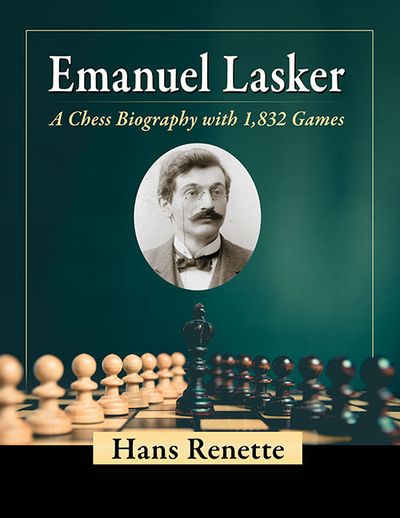"Outprepare your opponent"
yrics from pop songs are often revealing. One of my favourite songs is "Fast Car" by Tracy Chapman, from the brilliant album of the same title. It carne out in 1988 and resonated with my teenage self. So many amazing songs! In the middle of Past Car she sings, ''You and I can both get jobs and finally see what it means to be living." I thought this ironie, as Tracy Chapman is exactly the sort of person who probably wouldn't hack a nine to five job if she could help it. She's a creative person who shines through her music.
Professional chess players are a bit like this. We are more or less unemployable in anything outside of chess, and aren't suited to the daily grind of a normal job. Over the years, however, even playing in chess tournaments has become a bit of a grind. For example, while I've been writing this introduction the Capelle la Grande tournament, which takes place near Dunkirk, finished a few days ago. Twenty years ago I would have been playing in this event, but now the effort of getting to Northern France seems all too much. Fairly sad I know. Partly it's the money. You play in a typical European open and the first prize might be f:2000 if you are lucky, and it's very competitive. You may well get several 2600+ players. And your expenses may well offset any prize you happen to win. It is cheaper to stay at home, coach people online, and write courses, hooks, and articles.
Given all this, and the ease of playing online now, is it even worth playing over the board tournaments at all? I think it is because what you can achieve in over the board tournaments you can't replicate online. There are titles and reputation to be earned. There is also a sense of achievement you can gain with wins in games and tournaments over the board that you can't really get anywhere else. That's why it feels like a good moment in my career to put together a book which talks about tournament play and hopefully uses some of my own experience to put together a work that will be useful for the amateur player. There have been plenty of chess hooks published which have tried to give practical advice and tips for tournament players, so the genre is hardly new.
However, I feel that we badly need an update, since there have been so many vastly underrated junior and amateur players. Online chess taking a much more prominent role. Accusations of cheating making the headlines. Social media being used as a tool to educate the chess masses. All these have led to a different landscape, but some things stay the same. The player who is willing to analyse and work on chess harder than the rest will still separate him or herself from their peers. In my view, at least 90% of success in tournament play will carne down to how good your calculation and analysis is, because that is the bread and butter of tournament play. 1his is what I will try to get across in this book, that a chess player will aften stand or fall on the quality of analysis. I will discuss the positive and negative effects that working with computers have on a player's overall strength. I will also try to explain why my chess fell into a torpor because of an overreliance on computers, and how I have recently carne to realize that technica! deficiencies have held me back from reaching the higher echelons of the game.
In doing so, and looking at the chess world and trying to explain it from my point of view while following the progress of myself and others, I will try to put together a tournament battle plan.
 Excerpt
Excerpt


